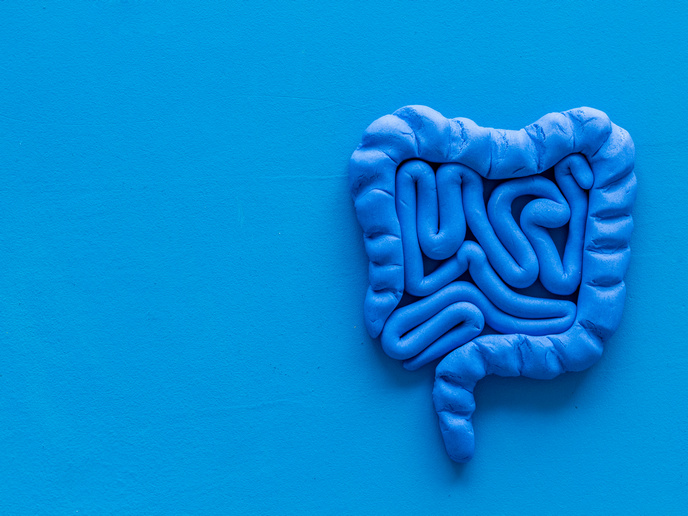Technological advances usher in new era of gut health research
Research supported by the EU-funded EUROoC(opens in new window), SONGBIRD and ExpoBiome projects has led to an important development in gut health research. Scientists from Luxembourg and Sweden have created a method that enhances intestinal barrier monitoring in the Human Microbial Crosstalk (HuMiX) gut-on-a-chip system. Their innovation offers a new approach to the study of how probiotics, dietary compounds and drugs affect gut barrier integrity. As described in their paper(opens in new window) published in ‘Microsystems & Nanoengineering’, the researchers from the University of Luxembourg and Sweden’s Uppsala University succeeded in integrating multiple flexible electrodes into the HuMiX gut-on-a-chip system. Gut-on-a-chip technology is based on microfluidics and cell biology, and it was developed to simulate the structure, function and microenvironment of the human gut. Importantly, it makes it possible to study gut health and investigate the intestinal barrier’s reaction to various stimuli without the ethical implications attached to animal testing. Thanks to their innovation, which overcomes the limitations of previous designs, the EU-backed team have now made it possible to detect intestinal barrier formation in real time, with unparalleled spatial resolution. Their method enables real-time, spatially resolved measurements using techniques such as transepithelial electrical resistance that provides direct insight into the gut barrier’s integrity.
Novel fabrication
The scientists introduced a new fabrication process that applies thin-film metal electrodes onto flexible substrates. These are then seamlessly incorporated into the HuMiX platform, creating a set-up that makes it possible to comprehensively monitor barrier formation, disruption and recovery, and to detail the cell culture area’s different sections. “The strategic placement of electrodes navigates the platform’s intricate design, ensuring accurate and reliable data collection,” reports a recent ‘EurekAlert!’ news item(opens in new window). “The application of impedance spectroscopy enhances this data, enabling measurements across various frequencies.” The research team demonstrated the system’s effectiveness by monitoring in real time a cancerous epithelial cell line’s barrier formation. The researchers comment on the importance of their achievement: “This technology significantly advances our capability to monitor the gut barrier function in real-time, offering insights into the complex interactions between gut epithelial cells and the microbiome. This marks a considerable leap towards the realization of personalized medicine and the formulation of targeted interventions for gut-related conditions.” EUROoC (Interdisciplinary training network for advancing Organ-on-a-chip technology in Europe) and SONGBIRD (SOphisticated 3D cell culture scaffolds for Next Generation Barrier-on-chip In vitro moDels) ended in 2023. The ExpoBiome (Deciphering the impact of exposures from the gut microbiome-derived molecular complex in human health and disease) project ends in October 2025. For more information, please see: EUROoC project website(opens in new window) SONGBIRD project ExpoBiome project



